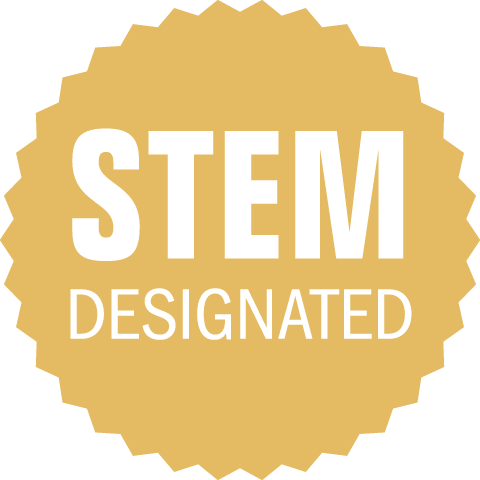

Among the engineering disciplines, chemical engineering occupies the center of the applied-sciences universe, pulling into its orbit the study of other engineering fields as well as knowledge of chemistry, math, physics, and biology.
Could the center of that universe become even more central than it traditionally has been? It could, and it has.
Today, the areas of exploration and invention centered around chemical engineering are broader, deeper, and overlapping, as increasingly diverse disciplines become interdependent on each other to produce 21st century solutions to 21st century needs.
Our program opens up these exciting frontiers to you with a dynamic, integrative curriculum in which research opportunities are solidly embedded throughout the course of study.
Our faculty are leaders and innovators in their fields, bringing both deep professional experience and academic rigor to the classroom.
This course’s primary objective is to prepare upper-level engineering students to effectively solve problems directly related to the fundamental science and engineering of thermodynamic systems. Students apply the first and second laws of thermodynamics to batch and flow processes important in chemical engineering for homogeneous and heterogeneous systems, mixtures, and pure materials. Topics include phase and chemical equilibria, chemical reactions, thermochemistry, thermodynamic properties, and miscibility. Methods of entropy generation minimization for commonly studied thermodynamic systems are discussed.
This course aims to introduce, and prepare students for, the systematical engineering of chemical process systems, biomolecular systems, and energy and environmental systems. Students learn how to integrate systems engineering principles and techniques in designing, managing, and optimizing these systems for future, rapidly changing products and techniques. Also discussed are applications of a systems perspective in business and technology in chemical engineering.
This course focuses on the use of modern analytical and experimental techniques to obtain solutions for various flow regimes in chemical systems engineering. Students receive an Introduction to the use of computational fluid dynamics (CFD) and particle imaging velocimetry (PIV) methods. Topics are selected from the following: viscous fluids, boundary layer theory, turbulence, surface phenomena, shock waves, and gas dynamics. Discussions include specific applications of these topics in chemical systems engineering.
This course covers fundamental aspects of chemical reactions, including collision theory, transition rate theory, unimolecular rate theory, homogeneous gas and liquid phase kinetics, heterogeneous kinetics, and mass-transfer limited kinetics.
This course investigates various sustainable energy sources and their current states of technology. Analysis of the economic, environmental, and societal impacts of these sustainable options will serve to evaluate their feasibility.
Polymers, ceramics, and composites are explored in greater detail. Also discussed: unique material characteristics for engineering applications, such as optical, electrical, magnetic, and protective properties. The course includes an investigation of modern specialty materials, such as biomaterials, nanomaterials, and smart materials and their applications.
The University of New Haven offers a wide variety of in-depth courses that create a transformational educational experience for our students. To view the complete list of courses you'll take while pursuing a Masters of Science in Chemical Engineering, check out the Academic Catalog:
Chemical Engineers
2.6% Growth 2024-2034
Process Engineers
2.6% Growth 2024-2034
Principal Engineers
2.6% Growth 2024-2034
Get an inside look at what differentiates the University of New Haven and how your experiences as a student will prepare you for success.




All University of New Haven students have access to the many resources available through the University’s Career Development Center, which has been named one of the best in the nation by The Princeton Review.
From career assessments, networking, and job shadowing to on-campus interviews and salary negotiation, the Career Development Center provides the skills and connections to identify a meaningful career and an opportunity to pursue your passion.
Learn MoreAn advanced degree from the University of New Haven will help you take your career to the next level. Each program offers convenient scheduling, personalized attention, and state-of-the-art facilities.
View Application Requirements
The University of New Haven Graduate School is an excellent value with reasonable tuition. Of course, you will still have bills to pay and the Financial Aid office can help.
Learn More